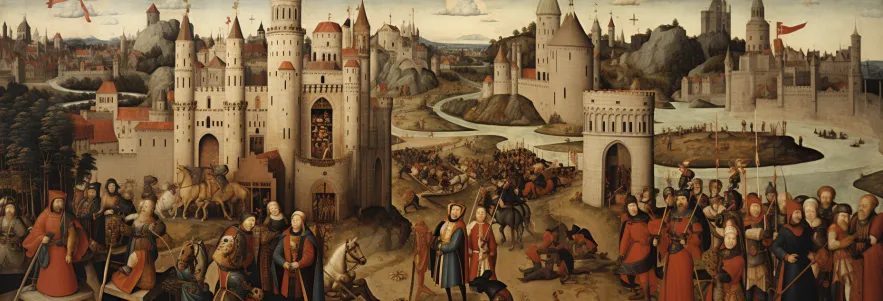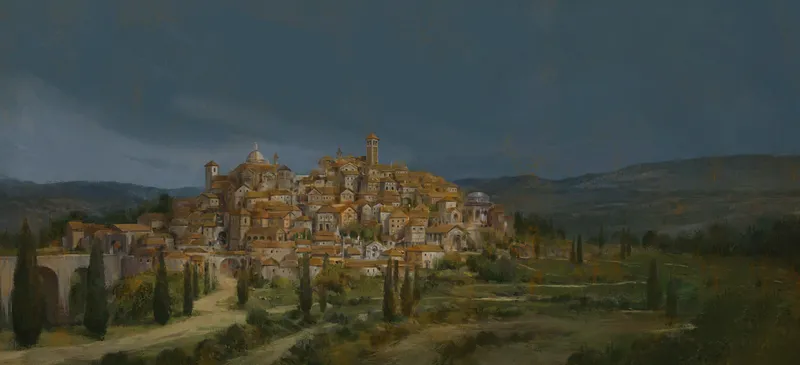Lombard Culture

Commands
The following command will set your culture to 'Lombard.'
The following command will change the culture of the specified county to 'Lombard.'
Information
| Name | Lombard |
| Culture ID | lombard |
| Heritage | Latin |
| Ethos | Stoic |
| Language | Italian Vulgar |
| Architecture | Mediterranean |
| Fashion | Continental European |
| Coat of Arms | Latin |
| Military Equipment | Continental European |
Overview
The Lombards were a Germanic tribe who ruled a kingdom in Italy from 568-774 AD. Known for their distinct culture, their name is often associated with the region Lombardy in modern-day Northern Italy.
Originating from Northern Europe, the Lombards descended into Italy in the 6th century. Their influence spread over Italy, bringing cultural changes and collaborations. Their rule extended over regions like Tuscany, Emilia-Romagna and Southern Italy, contributing to the architectural makeup of heritage sites.
The Lombard culture was a mix of their Germanic roots and the Roman-Byzantine traditions of the lands they ruled. It was in architecture that their artistic sophistication was truly manifested. The church of Santa Sofia in Benevento and the Tempietto Longobardo in Cividale del Friuli earned UNESCO World Heritage status as testimony to the Lombard's diverse cultural heritage.
The Lombards also had a remarkable legal system that displayed a unique blend of Roman and Germanic customs, signified by the Lombard Laws, which strongly influenced later Italian legal traditions.
Overall, Lombards added a new layer of cultural, architectural, and legal richness to Italy - a heritage still resonating in Lombardy and other Italian regions today.
Stoic Ethos

Stoic Ethos
This culture believes in standing strong like a mountain, taking any and all hardships that life may throw at them and enduring them all with grim determination and an indomitable spirit.
- +5 Defender Advantage
- -15% Stress Gain
- -15% Friendly Fatal Casualties
- +0.25 Disease Resistance Health Boost
Each culture will have an ethos, which represents the core values, principles and attitude towards life that the culture has. It also determines which court types are available for kingdoms and empires.
Lombard Traditions
- Isolationist
- Martial Admiration
- Republican Legacy
- Stand and Fight!
Each culture will have several traditions, which represent the main customs of a culture and can grant various effects. A culture can have up to five traditions in the tribal era, with every additional era reached granting an additional slot for Traditions.
Lombard Architecture
Mediterranean
